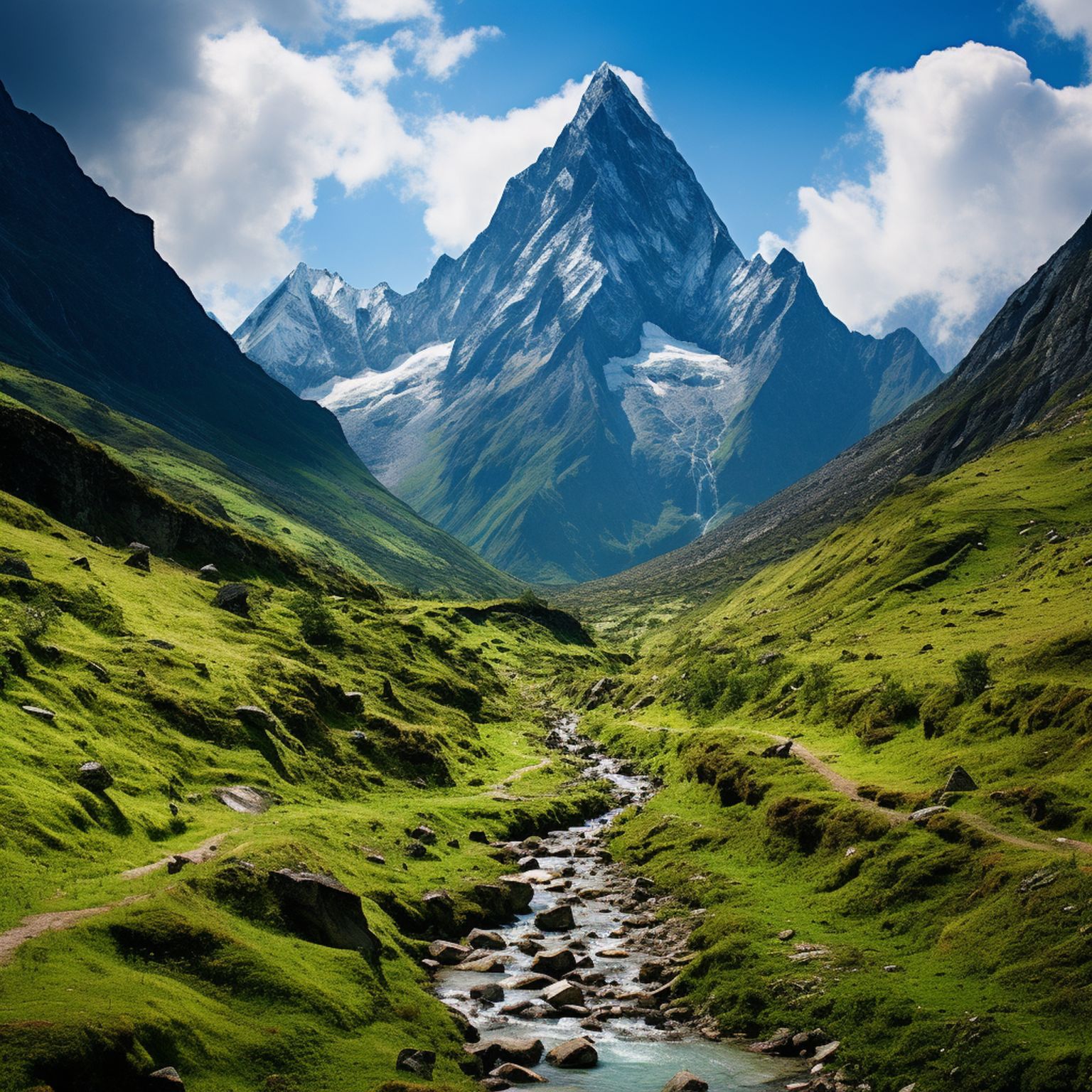
The Sacred Summits: The Spiritual Meaning of Mountains in Different Religions
Mountains have always symbolized grandeur, mystery, and solitude. Their cloud-covered peaks seem to approach the heavens, calling humanity to a higher consciousness. Thus, mountains symbolize spiritual awakening, divine contact, and revelation in practically every major religion.
1. The Hindu Abode of Gods
The Himalayas are for a Hindu, mountain range that are the abode of gods. Bhagwan Shiv meditates in eternal peace on Mount Kailash. The mountain’s inaccessibility and harsh surroundings provide spirituality. The Kailash Mansarovar Yatra draws pilgrims from throughout the world over difficult terrain for blessings and purification.
2. Christian Revelations and Transcendence
Moses received the Ten Commandments from God on Mount Sinai in the Sinai Peninsula, defining Christian history. The Mount of Transfiguration is another Christian mountain. In splendor, Jesus was transfigured and spoke with Moses and Elijah there. These mountains symbolize spiritual revelation, demonstrating solitude’s strength and divine nearness.
3. The Cave and Call, Islam
The tale of Prophet Muhammad clearly explains the mountains’ importance in Islam. The Prophet received his first revelation from God through Gabriel at the Hira cave in the mountains around Mecca. Later, in a hilly place, Ta’if brought the Prophet intense thought and divine assurance.
4. Buddhism, The Highest Enlightenment
Buddhists believe Demchok, the highest bliss deity, lives on Mount Kailash. In Buddhist legend, Vulture Peak in India stands out. Buddha preached several important sermons, including the Heart Sutra. The tranquil mountain location reflects the Buddhist path to enlightenment—above the mundane, seeking the profound.
5. Taoism, Everlasting
Taoists respect mountains for longevity and spiritual quests. The five Great Mountains of China are significant to Taoist pilgrimage. Mount Penglai, a fabled island with gold and silver palaces inhabited by immortals, is fascinating. It represents Taoist harmony, longevity, and connection to nature’s rhythms.
6. Native Religions, Spirit Guardians
Mountains are revered as guardians or ancestral spirits in Native American and Australian civilizations. They host rites, dances, and ceremonies. Native Americans consider the Rocky Mountains sacred, with each summit having spiritual importance.
These legends and beliefs center on mountains’ loftiness and seclusion. Introspection, prayer, and spiritual communication are possible under their towering presence, away from the noise of daily life. The spiritual path is a climb up a mountain, facing hardships, to a higher understanding, purer consciousness, and profound revelation.
In their majestic solitude, mountains teach humility, perseverance, and the transcendental aspect of existence.
Image: AI rendering
#SpiritualMountains #DivineSummits #SacredPeaks #Hinduism #Christianity #Islam #Buddhism #Taoism #NativeSpirituality #SpiritualAwakening #ReligiousPilgrimage #TranscendentalJourney


